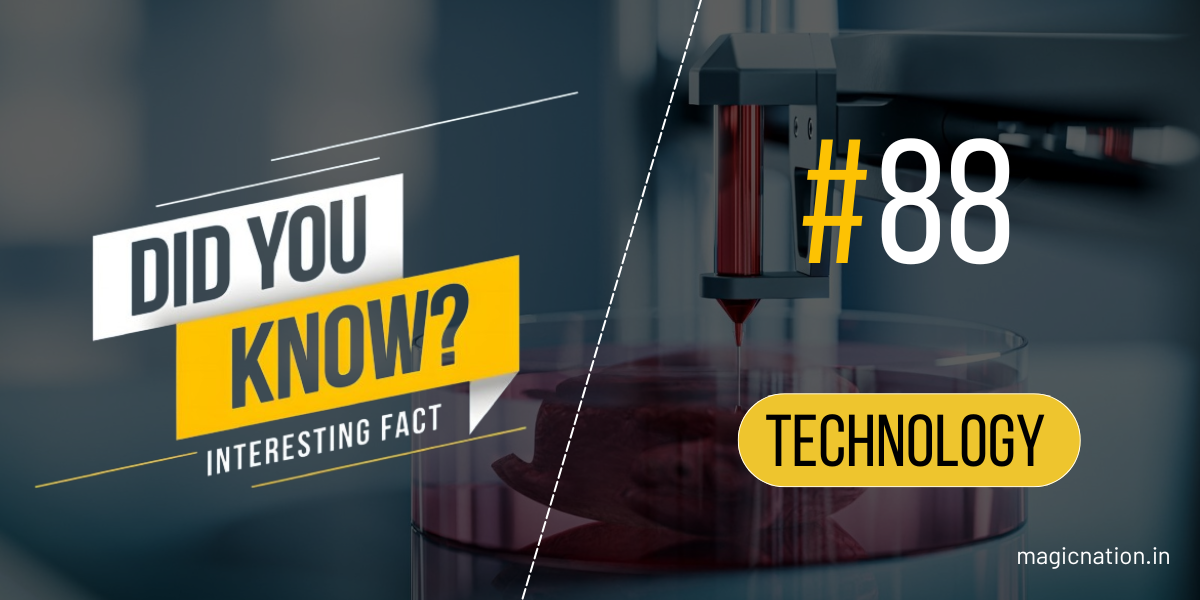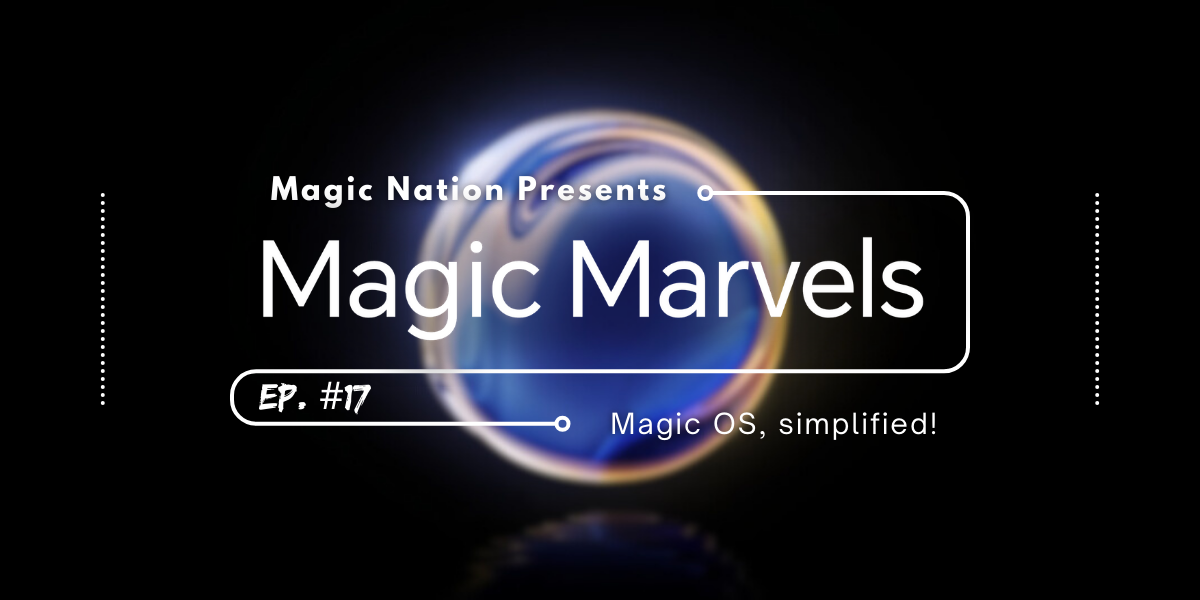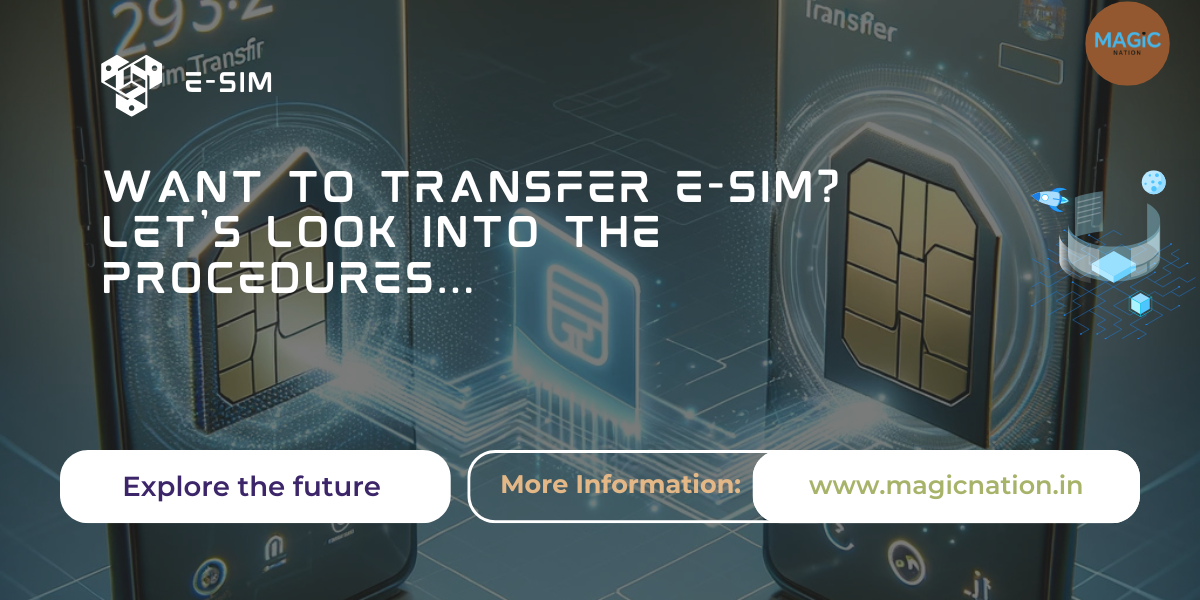 Hey Explorers, What's up!
Hey Explorers, What's up!Today I am here with the another episode of MBM. When you connect with a VPN most people assume that they are completely untraceable. But is it really? In this episode of Myth Busters Monday, we'll explore the common belief that VPNs Make You Completely Untraceable and uncover the truth about what actually happens with you!
VPNs Make You Completely Untraceable?The Myth

In the midst of digital privacy fears, a Virtual Private Network has come to be considered some sort of panacea for anonymous surfing. Quite rightly, most people believe that activating the VPN will make them completely untraceable. The truth of the matter is that, although VPNs definitely grant anonymity, the notion that they are there to make people completely invisible on the internet is more of a myth than reality. Let's dig into why VPNs are actually nothing more than a magic bullet.
How VPNs Work

At its core, a VPN encrypts your internet traffic and routes it through a server operated by the VPN provider. This process masks your IP address, making it appear as though you're browsing from a different location. In essence, VPNs help protect your data from prying eyes, such as internet service providers (ISPs), hackers, or government surveillance. But this doesn't mean you're entirely off the radar.
Why VPNs Don't Make You Fully Anonymous

1. VPN Providers Can Still Track You:
While your IP address is hidden from websites you visit, your VPN provider still knows your real IP and can log your activity. Many VPN services claim they don't keep logs, but unless you're using a service that has been independently audited, it's difficult to know for sure. If the VPN provider's servers are compromised or subpoenaed, your data could still be exposed.
2. Browser Fingerprinting:
Even with a VPN, websites can still track you using browser fingerprinting. This method collects information about your device, operating system, screen resolution, installed plugins, and more to create a unique fingerprint that can identify you across multiple sites. A VPN can't protect against this type of tracking.
3. DNS Leaks:
DNS leaks occur when your device bypasses the VPN and sends requests directly to your ISP's DNS server, revealing your real IP address. Many VPNs offer protection against DNS leaks, but not all do so effectively. Even a brief leak can expose your browsing activity.
4. Cookies and Tracking Scripts:
If you’re logged into your Google, Facebook, or any other account while using a VPN, those services can still track your activity across the web. VPNs don't block cookies or other tracking technologies, so advertisers and websites can still gather data on your behavior.
5. Malicious or Poorly-Run VPNs:
Not all VPNs are created equal. Some free or low-cost VPN services make money by selling user data or displaying ads, which defeats the purpose of using a VPN for privacy. There have been cases of rogue VPNs logging user data and sharing it with third parties.
While VPNs alone don't make you completely untraceable, they are still a valuable tool when used correctly. Here are some steps to ensure you're getting the most privacy out of your VPN:How to Maximize Your Privacy With a VPN
- Choose a Reputable VPN Provider: Opt for a VPN service with a no-logs policy that has been independently audited. Providers like NordVPN, ExpressVPN, and ProtonVPN have good reputations for safeguarding user privacy.
- Use Multi-Layered Security: Combine your VPN with other privacy tools like Tor (The Onion Router), which bounces your traffic through several layers of encryption. This makes tracking you even more difficult.
- Enable DNS and WebRTC Leak Protection: Many VPNs offer settings to protect against DNS and WebRTC leaks. Make sure these are enabled in your VPN client.
- Be Mindful of Cookies: Clear your cookies and cache regularly, or use private browsing modes to minimize tracking by websites and advertisers.
- Stay Anonymous With Payment: Consider paying for your VPN with anonymous methods like cryptocurrency, or use gift cards if the VPN provider offers this option. This adds another layer of privacy by keeping your payment details private.
While VPNs are a powerful tool for enhancing privacy, they are not a one-stop solution for complete anonymity. You can still be tracked by browser fingerprints, cookies, and even your VPN provider in some cases. The best approach is to combine a VPN with other privacy tools and practices to make yourself as anonymous as possible online. By understanding the limits of what a VPN can offer, you can make more informed decisions about protecting your digital footprint.Final Thoughts
By debunking this myth, it’s clear that while VPNs are a helpful part of online privacy, the idea of becoming "completely untraceable" is just that—a myth.
















